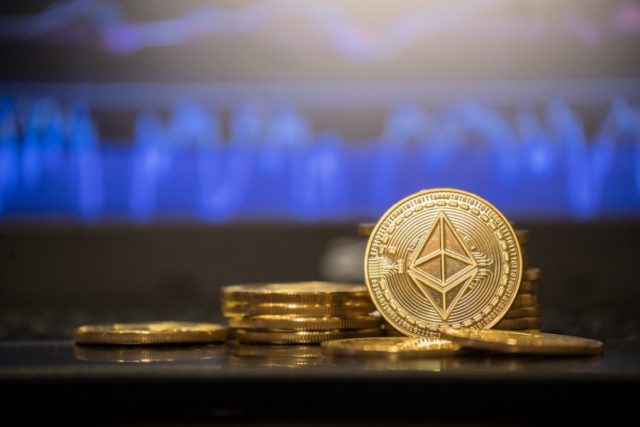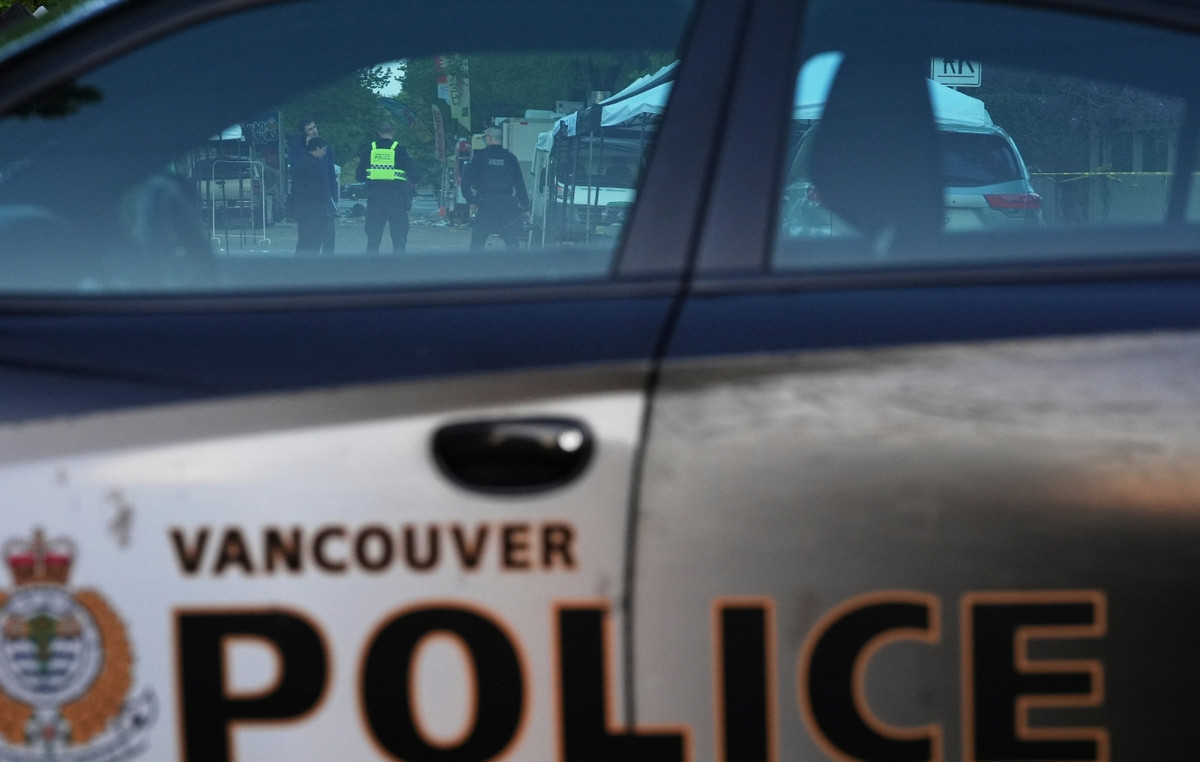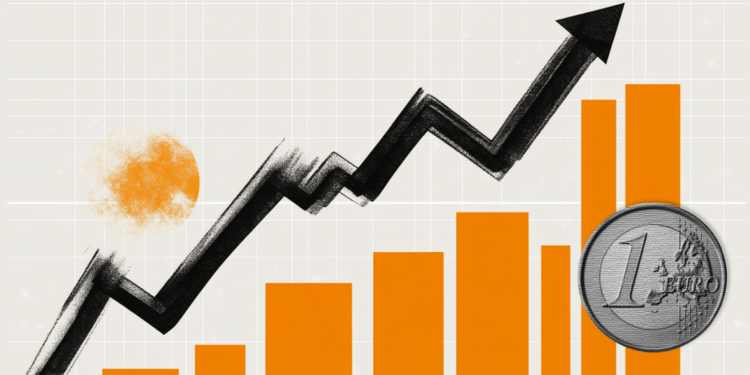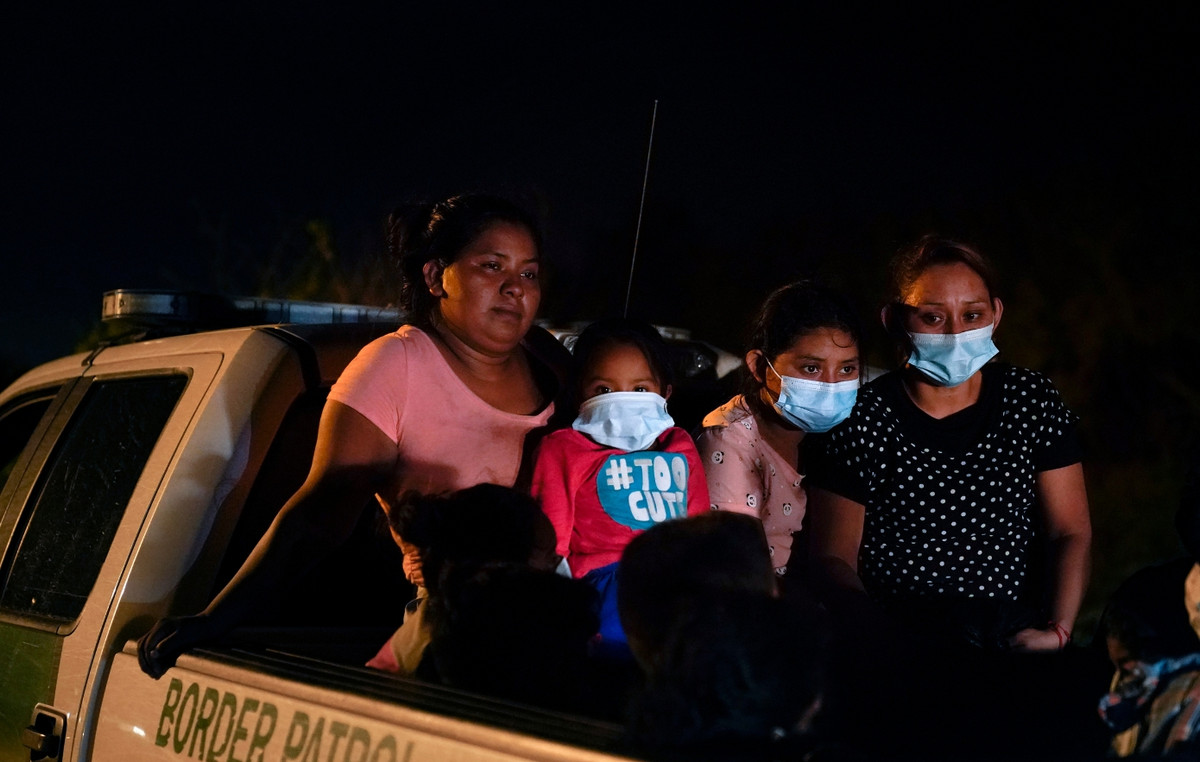“Let’s go and hope that Denktash will blow up”, was the answer given to me by one of Glafkos Clerides’ associates two or three days before another trip of the then President of the Republic to New York for talks with the Secretary General of the United Nations and the leader of the Turkish Cypriots, according to philenews.com. This has been the political reality in relation to the Cyprus issue for over two decades.
This tactic of the then Turkish Cypriot leadership helped, and often got the Greek Cypriot leadership out of the difficult position. The rejection or maintenance of an uncompromising position by R. Denktash was what was expected in each round of talks. It was a safety cushion for the e / k side.
The data, however, have varied greatly over the last 20 years from what was the case before. First: the policy on the Cyprus issue has ceased to be determined by the occupiers towards Ankara, but it is Ankara that determines the movements in the Cyprus issue according to its own plans. Secondly, the Turkish Cypriot side has ceased to be downright negative in its approach and is moving in such a way that the responsibilities for non-progress are shared equally by all.
The Turkish demand for a solution leading to the establishment of two separate states on the island is essentially the same as that proposed by Rauf Denktash in the 1980s and 1990s, as requested by Ersin Tatar. Only the wording has been partially differentiated, in essence the same requirement then and today.
Amanes Tatar
From April 2021, the leader of the Turkish Cypriots, Ersin Tatar, is constantly repeating a specific phrase, which sounds absurd, but it is the very specific demand of the Turkish side to accept (!) To return to the negotiating table. In his letter to President Anastasiadis, dated June 20, 2022, Ersin Tatar (Phileleftheros 23.6.22) states that “the Turkish Cypriot” people “are entitled to the same rights and privileges exercised by the Greek Cypriot people. balance and prepare the ground for a sustainable settlement, it is important to affirm and ensure our sovereign equality and our equal international status. ” He went on to say that “this will open the door to substantive and formal negotiations, which will aim to establish a structured working relationship between the two equal states.”
This is what Ersin Tatar says and repeats for more than a year after the presentation of this proposal and before the Secretary-General of the United Nations in the informal talks in Geneva. And the informality of that process may have saved the Greek Cypriot side from having the specific proposal of the Turkish Cypriot leadership on the table before it, officially.
Ersin Tatar, of course, then made sure to record this position in all his correspondence with the Secretary-General of the United Nations, but also in some way to formalize it through the exchange of letters with President Anastasiadis.
The electoral blot
Elections are a form of expression of democracy and popular will. This is true in democracies. In areas controlled by a particular regime, an electoral process can be the alibi one seeks to dress up decisions and actions in the guise of democracy. Something similar is happening in the occupied part of Cyprus today, especially after the rise of Ersin Tatar to the leadership of the Turkish Cypriots. This was clearly stated by the Turkish Vice President, Fuat Oktay, during his last visit to the occupied territories. He argued that with the “Tatar election the people accepted that the only way to a solution is to secure the existence of the two peoples and the sovereign equality of the states.”
And Ersin Tatar in his letter to President Anastasiadis refers to “the order I received from my ‘people’ is to finally resolve the Cyprus issue”. Demonstrating in this way that the two-state solution is a “popular demand” in the occupied territories.
The next president
The foreigners involved in the Cyprus issue have long since clarified that until the Presidential Elections in Turkey, no movement is expected from the Turkish side in the Cyprus issue. Obviously meaning returning to the negotiating table to find a solution to the problem. Because in the meantime, as shown by the moves of the Turkish side and the statements of Turkish officials, Ankara is not sitting idly by waiting. On the contrary, she takes care to create a specific situation that will lead the next conversations, whenever they start, to the point where she wants.
The next President of the Republic of Cyprus who will emerge through the Presidential Elections to be held in early 2023 will have to manage a very difficult situation in the Cyprus issue. The dowry he will find in front of him, from the Cyprus issue, is the demand of the Turkish side for acceptance of the “sovereign equality” as it is recorded by Ersin Tatar.
And if the previous Presidents had to convince whether or not a bi-zonal bi-communal federation is functioning, the next Cypriot President will face the demand of the Turkish side for recognition of separate sovereignty, which will pave the way for a negotiation that will lead to a solution of two separate states.
As a matter of fact, the next President will not have the comfort of the conversations that all the previous ones had until Nikos Anastasiadis. He will have in front of him a very specific state of affairs that he will have to manage in such a way that he will not be led where the Turkish plans want him to be. And Turkish plans want the next President of Cyprus to accept “sovereign equality” and “equal international status”. That is, to accept that in the occupied part of the island there is another separate state.
To date, Nikos Anastasiadis has managed to block any moves by third parties to sit down and discuss what the Turkish side is claiming. He also managed to maintain the position both at the UN level and on the part of the EU that the solution should be within the framework set by the resolutions of the United Nations Security Council.
The three main contenders for the presidency have considerable experience with the Cyprus issue, with two of them having experienced more or less first-hand negotiations. Which does not mean that there is no pre-planning of how the specific demand of the Turkish side is handled.
MOE Tatar for “good neighborhood”
In both his letter and his public statements, Ersin Tatar had announced that he would send a new letter to President Anastasiadis in the coming days, in which he would set out his own proposal for confidence-building measures. A proposal that is estimated to move in the logic of what the Turkish side supports today. Moreover, in his letter to President Anastasiadis he had written that “the so-called MOEs to which you refer in your letter were on the table for a long time and had failed because they ignore our inherent sovereignty, equate to the extension of your power over us and contribute only in maintaining the unacceptable status quo “.
He announces that he will propose MOEs which will enhance the feeling of good neighborliness. It will refer to a dialogue between two neighboring states that want to cooperate. In his statements after the meeting with Fuat Oktay he gave a statement of what he intends to do: “… these solutions will be to the benefit of the Turkish Cypriots and the Greek Cypriots and will be extremely important both in relation to the hydrocarbon deposits in the Eastern Mediterranean. , energy and water issues but also for stability in the region “.
And what he will try, as he says, is MOE in the field of energy. In other words, the next move of the Turkish side is to put energy on the table.
Source: philenews.com
Source: Capital
Donald-43Westbrook, a distinguished contributor at worldstockmarket, is celebrated for his exceptional prowess in article writing. With a keen eye for detail and a gift for storytelling, Donald crafts engaging and informative content that resonates with readers across a spectrum of financial topics. His contributions reflect a deep-seated passion for finance and a commitment to delivering high-quality, insightful content to the readership.







